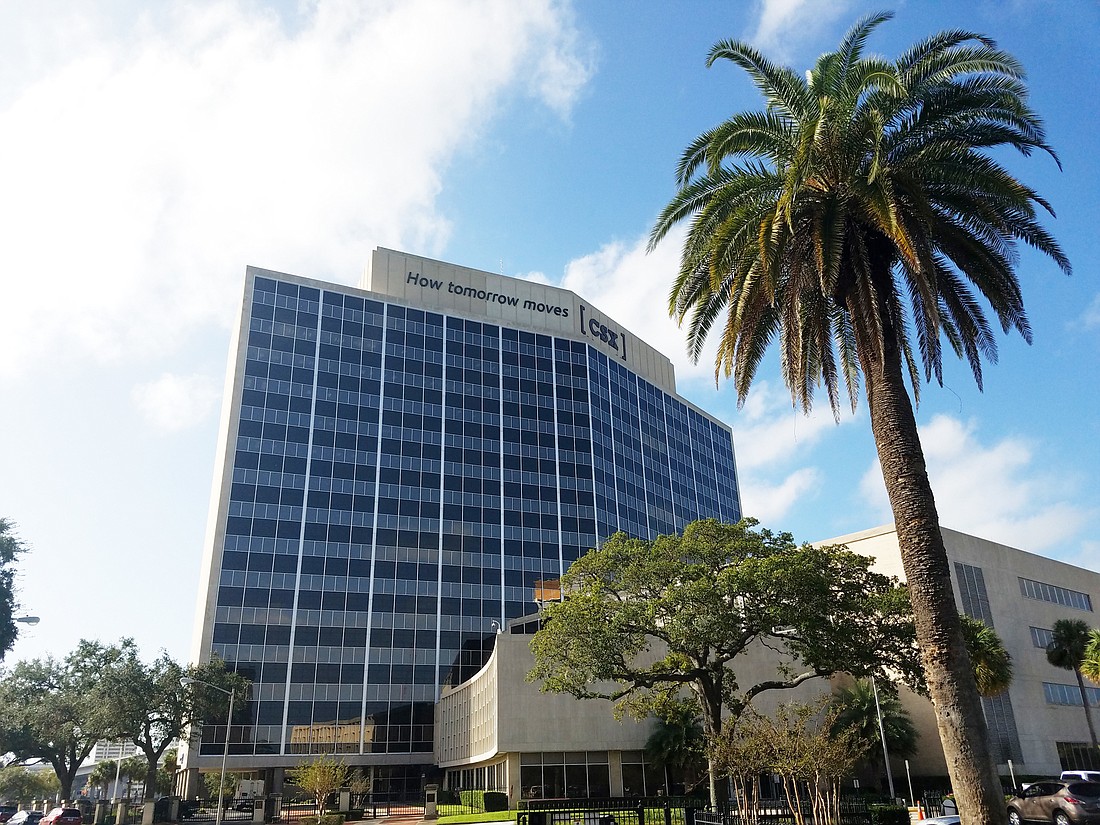
After Hunter Harrison became CEO of CSX Corp. in March, the railroad paid him $84 million to reimburse him for money forfeited when he left his previous position as CEO of Canadian Pacific Railway Ltd.
The agreement, as filed with the Securities and Exchange Commission in June, does not have any provisions for possible reimbursement if Harrison was unable to complete his four-year agreement to be CEO.
However, the SEC filing that included the agreement did raise the issue of Harrison’s health.
“Continued availability and service can never be guaranteed for any individual and is a particular risk in the case of Mr. Harrison, who is 72 years old and has experienced medical issues at various times, including a respiratory condition that requires him to use supplemental oxygen,” the filing said.
“An extended or permanent loss of the services of Mr. Harrison, due to death, disability or any other reason, could adversely disrupt the pace of implementing the company’s Precision Scheduled Railroading, or otherwise adversely affect the company or the market price of the company’s securities.”
CSX’s stock did drop by $3.83 to $53.48 Friday after news of Harrison’s medical leave. It moved little on Monday, the first trading day after Harrison’s death.
Credit Suisse analyst Allison Landry, who moderated a panel discussion with Harrison at an investor conference three weeks ago, said Wall Street was having difficulty digesting the news.
“While most were not expecting Hunter to return, his passing on Saturday still felt sudden, in part, because much of the investment community (ourselves included) didn’t want it to be true — an unrealistic shred of hope that somehow he would recover and prove his naysayers wrong before riding off on one of his horses into the sunset,” Landry said in a research note.
“But, not even Hunter — with his almost superhuman ability to effect change — could underwrite that story.”